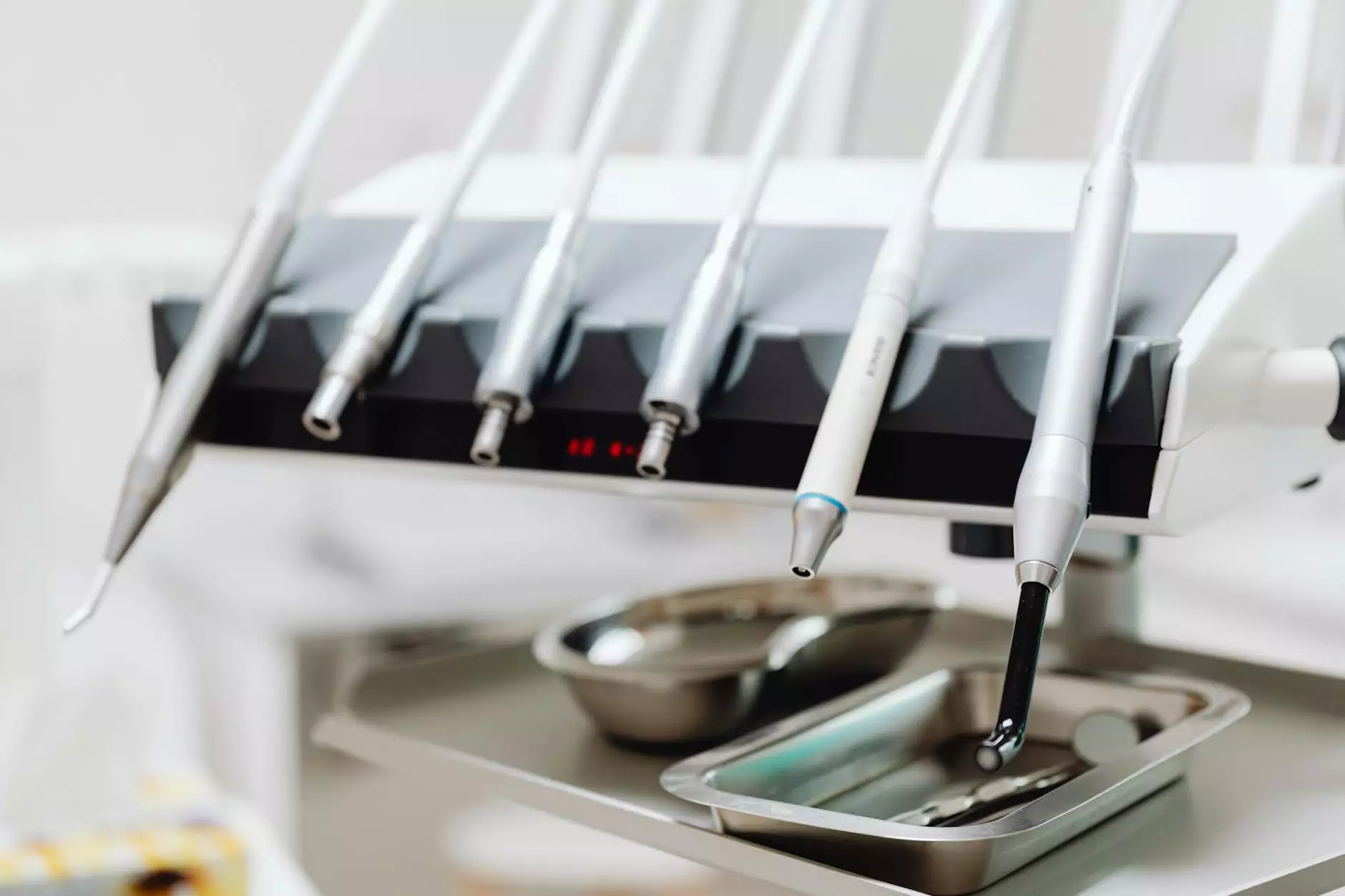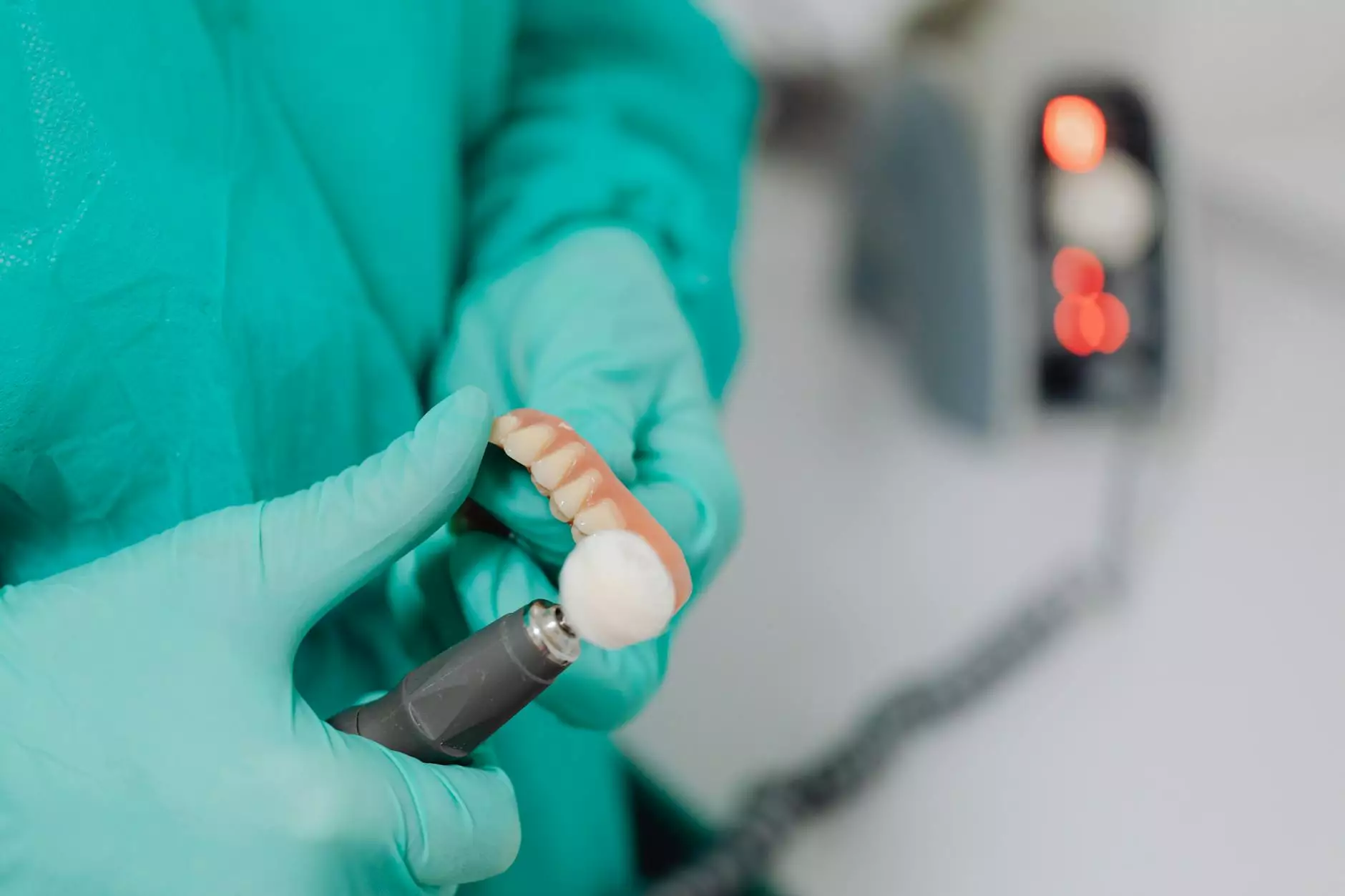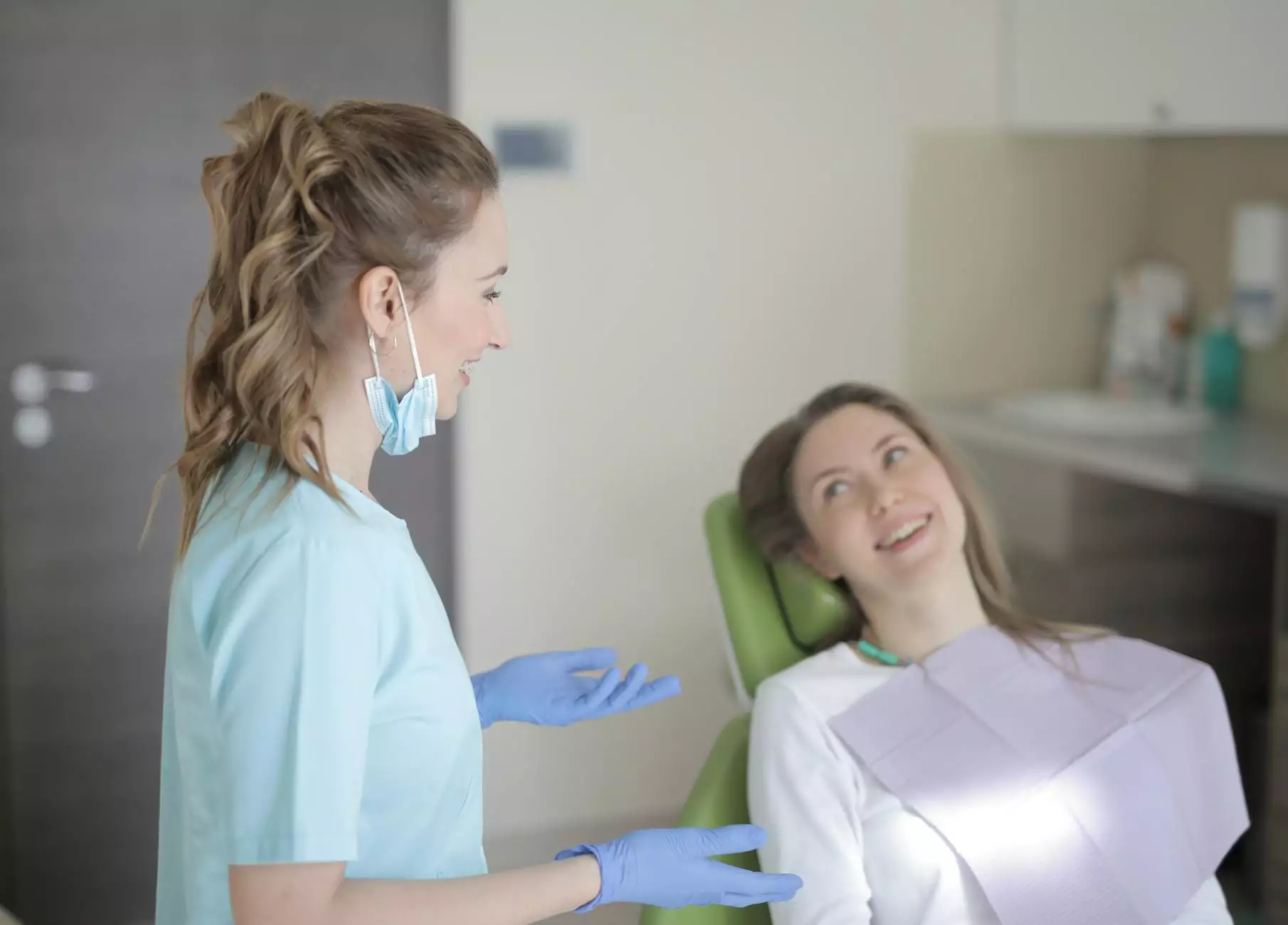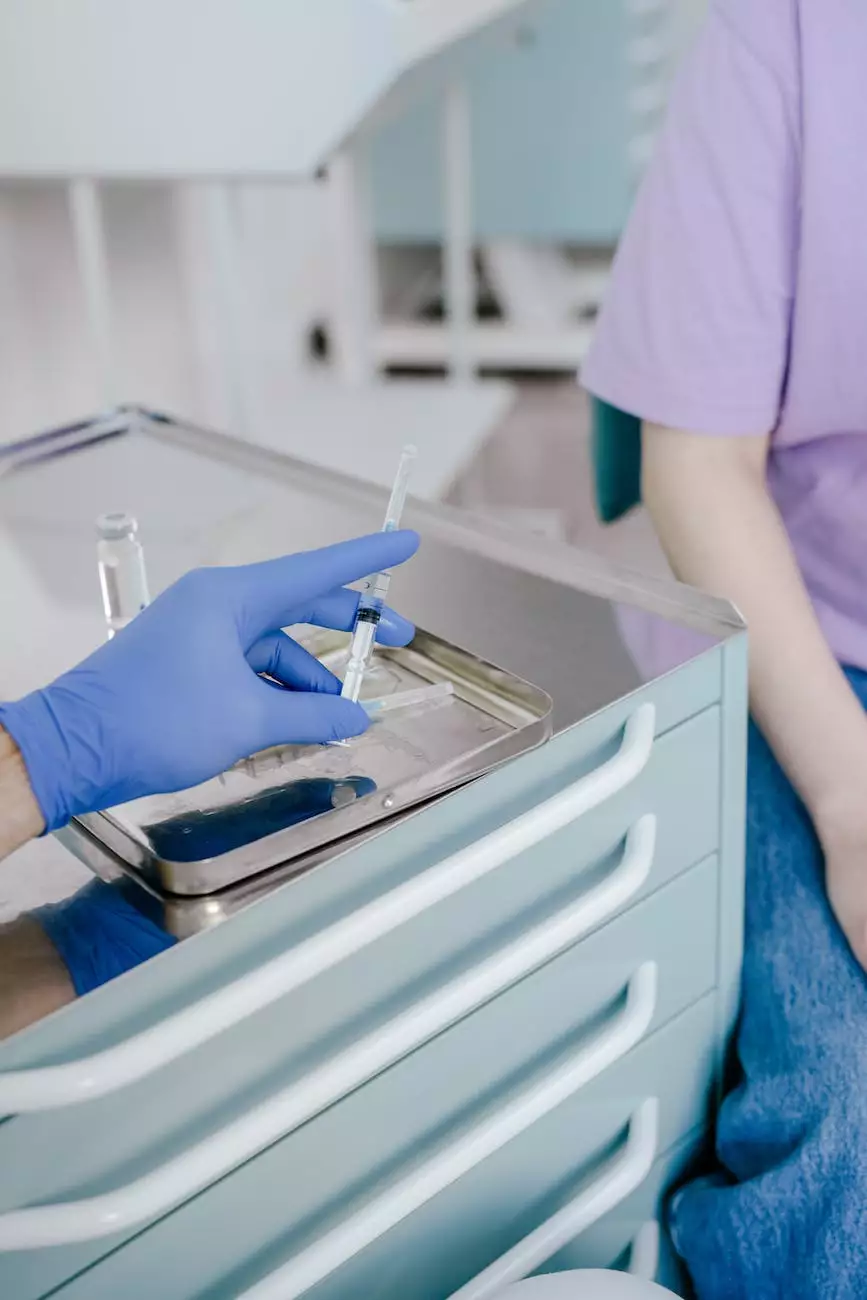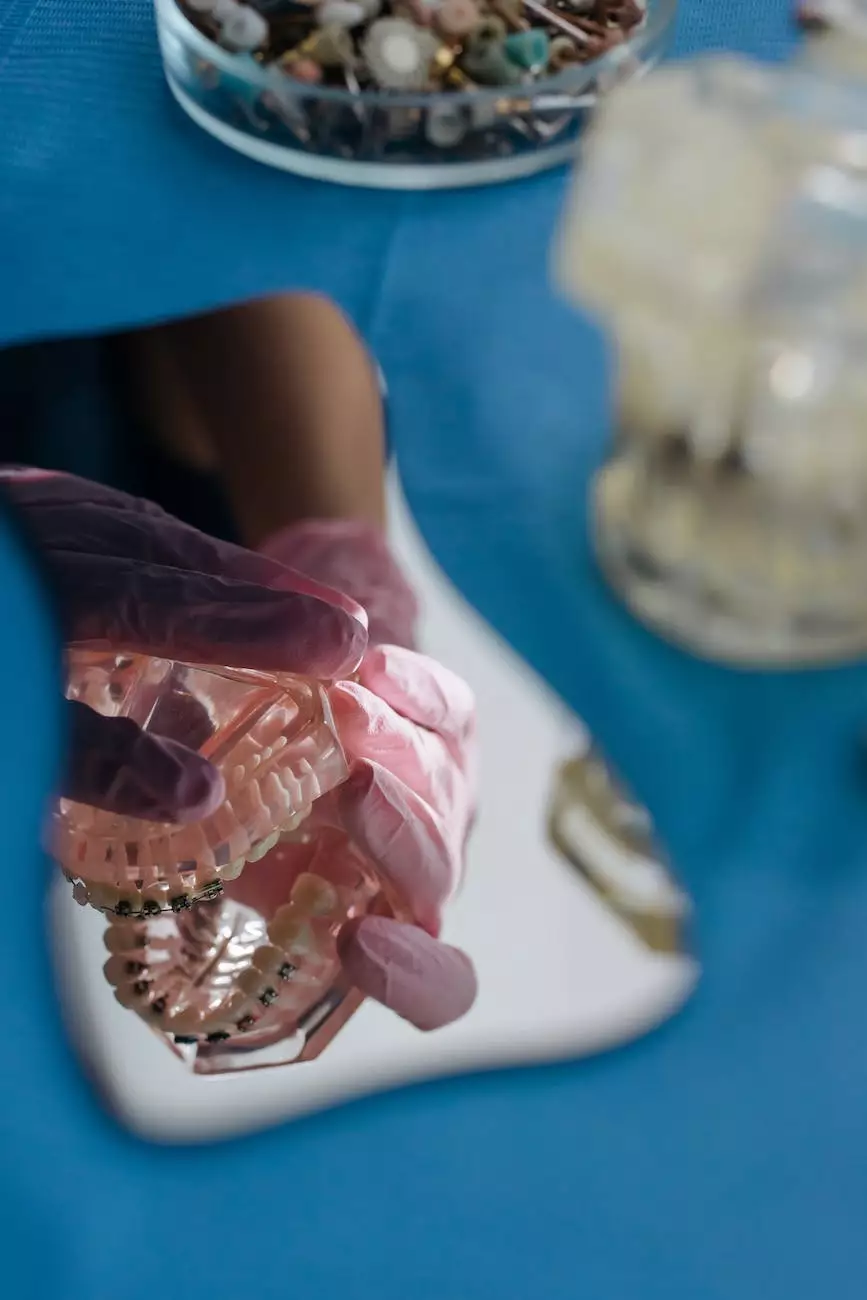The Real Impacts of Sleep Apnea
Sleep Apnea
Sleep Apnea and Your Oral Health
Sleep apnea is a serious sleep disorder that affects millions of individuals worldwide. It is characterized by pauses in breathing during sleep, leading to fragmented sleep patterns and potentially harmful health consequences. While most people are aware of the cardiovascular and respiratory risks associated with sleep apnea, its impact on oral health is often overlooked.
Oral Symptoms of Sleep Apnea
Sleep apnea can manifest in various oral symptoms. One of the most common signs is chronic snoring, which occurs due to the relaxation of the throat muscles, leading to airway obstruction. Patients with sleep apnea may also experience dry mouth and sore throat upon waking up. Grinding or clenching of the teeth, known as bruxism, is also prevalent among sleep apnea sufferers.
Impact on Oral Health
Untreated sleep apnea can have profound effects on oral health. The repetitive reduction of oxygen during sleep can contribute to the development of gum disease. The lack of oxygen causes inflammation, weakening the immune system's ability to fight off oral bacteria, leading to gum infections and tooth loss.
Furthermore, sleep apnea sufferers are more prone to developing temporomandibular joint disorders (TMJ disorders). This is due to the constant pressure and strain on the jaw joints caused by clenching and grinding during sleep. TMJ disorders can cause jaw pain, headaches, and difficulty in opening and closing the mouth properly.
Treatment Options
Effective treatment of sleep apnea is crucial to prevent its detrimental impact on oral health. At Lawrence Dentistry, we offer comprehensive dental solutions for sleep apnea patients:
1. Continuous Positive Airway Pressure (CPAP) Therapy
CPAP therapy is a common treatment for sleep apnea. It involves wearing a mask over the nose or mouth that delivers a continuous stream of air, keeping the airway open during sleep. This treatment can effectively alleviate snoring and improve the quality of sleep.
2. Oral Appliance Therapy
For patients who find CPAP therapy uncomfortable or inconvenient, oral appliance therapy can be an excellent alternative. Custom-made oral appliances are worn during sleep to reposition the jaw, keeping the airway open and reducing snoring and sleep apnea episodes.
3. Lifestyle Changes
In addition to medical interventions, certain lifestyle changes can greatly improve sleep apnea symptoms. Losing weight, avoiding alcohol and sedatives, maintaining a regular sleep schedule, and sleeping on your side instead of your back can help alleviate the severity of sleep apnea.
Contact Lawrence Dentistry for Sleep Apnea Treatment
If you suspect that you or a loved one may be suffering from sleep apnea, it is important to seek professional help to minimize its oral health impacts. Lawrence Dentistry specializes in providing comprehensive dental services for sleep apnea patients. Our experienced team will assess your condition and recommend the most suitable treatment option tailored to your needs.
Don't let sleep apnea compromise your oral health. Contact Lawrence Dentistry today to schedule a consultation and take the first step towards a restful sleep and optimal oral wellness.



